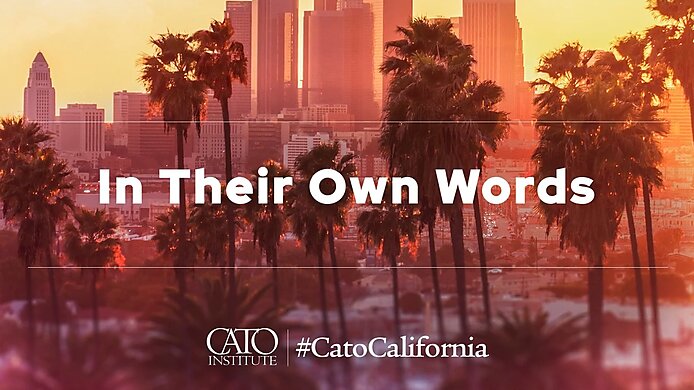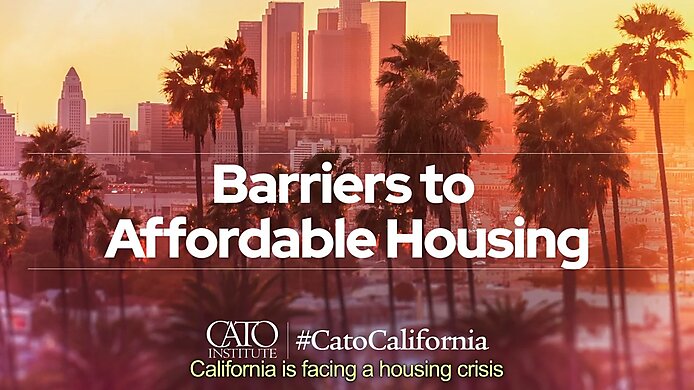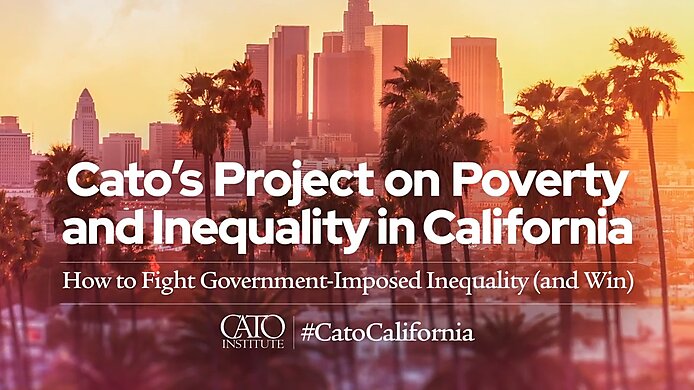Simply put, too many policies and regulations—at the state, county, and municipal levels—are regressive, trapping people in poverty and making it harder for them to climb the economic ladder. If the goal of public policy is to enable every Californian to flourish and rise as far as their talents will take them, it is not nearly enough to simply provide social welfare benefits to those in need. Rather, California must remove those policy barriers to economic participation and individual achievement that push people into poverty.
Accordingly, this report offers 24 specific proposals for reform, addressing such issues as housing and homelessness, education and workforce, the criminal justice system, welfare and the existing social safety net, and barriers to economic participation. These reforms move beyond the usual debate over how much money to spend or what new regulations to enact, calling instead for a broad reexamination of the state’s approach to fighting poverty and creating a more inclusive economy.












